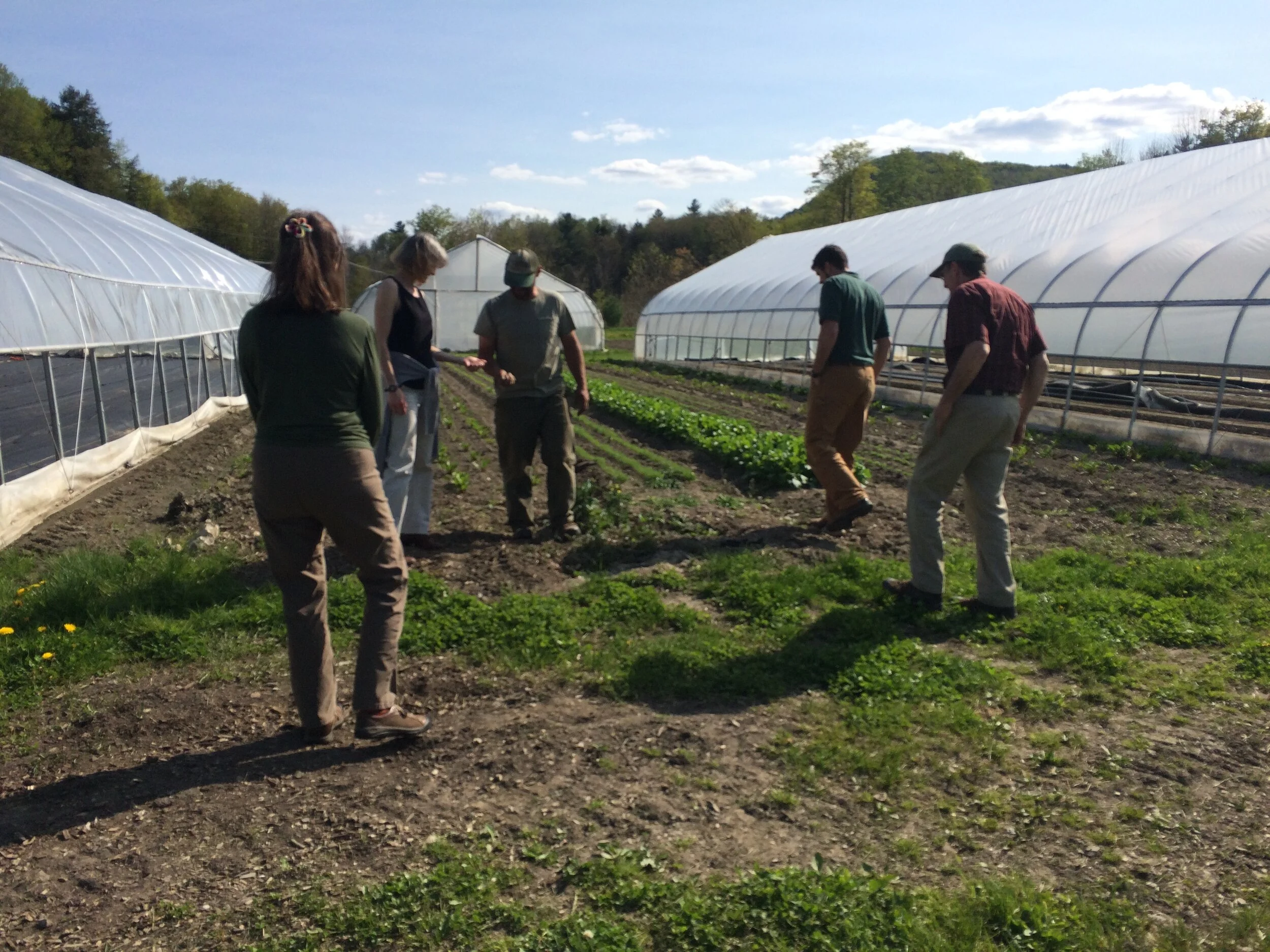Sustainability experts from the University of Maine will advise a governor’s council on how efforts to combat climate change could support historically underrepresented populations in the state.
The Maine Climate Council tapped the Senator George J. Mitchell Center for Sustainability Solutions to assist with its efforts to improve equity outcomes of the state Climate Action Plan.
The center will provide expertise to the Governor’s Office of Policy Innovation and the Future to help determine how the Climate Council’s strategies for reducing carbon emissions and adapting to climate change can benefit under served residents and communities.
The Mitchell Center’s work complements the Climate Council’s establishment of a new equity advisory group, which will offer ongoing guidance and input on the creation of the four-year Climate Action Plan.
Climate change affects the various populations in Maine in different and unequal ways, says Linda Silka, a Mitchell Center senior fellow. To help all Mainers, officials can focus on reducing the disproportionate effects of climate change on lower-income and rural populations, older adults, tribal communities, persons of color and other underrepresented groups.
“Our responsibility is to look at equity issues in a clear, systematic and well-informed way,” Silka says. “It’s a wonderful way to say, ‘We’re not the kind of state that’s good for some people. We want it to be good for everyone.’”
Silka will join David Hart, director of the Mitchell Center; Sara Kelemen, a graduate student of plant, soil, and environmental science; and other partners to evaluate climate action proposals from the Climate Council’s working groups for their ability to achieve equity and foster diversity and inclusion. They also will recommend ways to improve how any particular strategy can support the various underserved populations in Maine.
As state officials solicit citizen feedback on climate action strategies, the Mitchell Center also will advise them on how to connect with underrepresented communities across the state, including groups that may be unaware of the Climate Council’s work, residents without internet access and others.
“We want the process to be as inclusive as possible,” Hart says. “But that’s not easy — especially during a pandemic — so we’ll be looking for creative ways to ensure that the Climate Council’s work benefits from diverse voices and expertise.”
In late August, the Mitchell Center will provide a report summarizing its findings and recommendations to the Governor’s Office of Policy Innovation and the Future.
“Addressing the disproportionate impact of the climate crisis on Maine people is a priority of the Maine Climate Council,” says Hannah Pingree, co-chair of the Climate Council and director of the Governor’s Office of Policy Innovation and the Future. “We are excited to work with the Mitchell Center to ensure historically underrepresented populations have a voice in determining Maine’s climate future.”
The center’s ability to bring together diverse expertise from inside and outside of UMaine, dedication to public service, and long-standing partnerships with historically underserved populations suit it for the task of advancing the equity goals of the Climate Action Plan, says Hart.
“Developing solutions to climate change problems will take many different kinds of knowledge and know-how,” Hart says. “We have to find ways to work together when we’re trying to address a challenge that has so many moving parts.”
UMaine professor Ivan Fernandez serves on the Maine Climate Council, and is co-chair of the Science and Technical Subcommittee. Numerous other experts from UMaine and University of Maine at Machias serve on the Science and Technical Subcommittee, as well as working groups.
Press release written by Marcus Wolf, marcus.wolf@maine.edu









